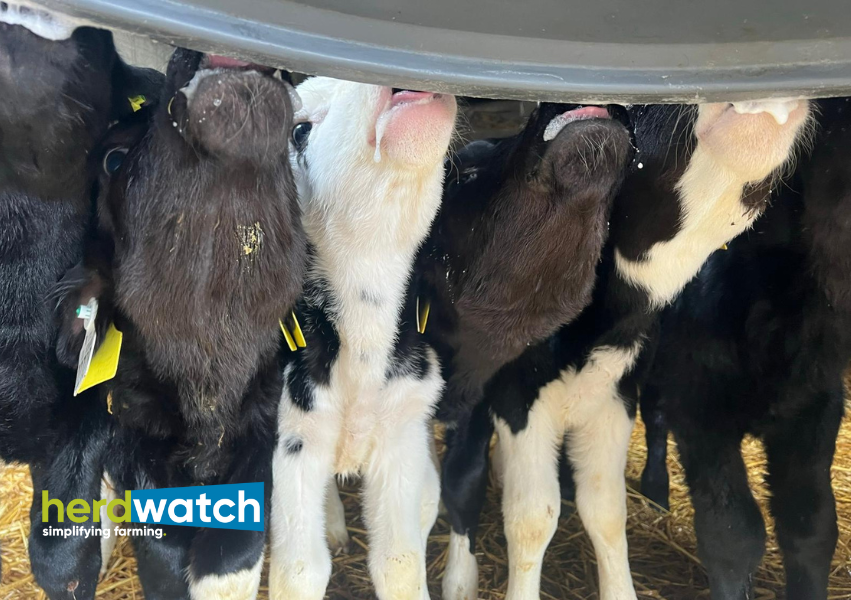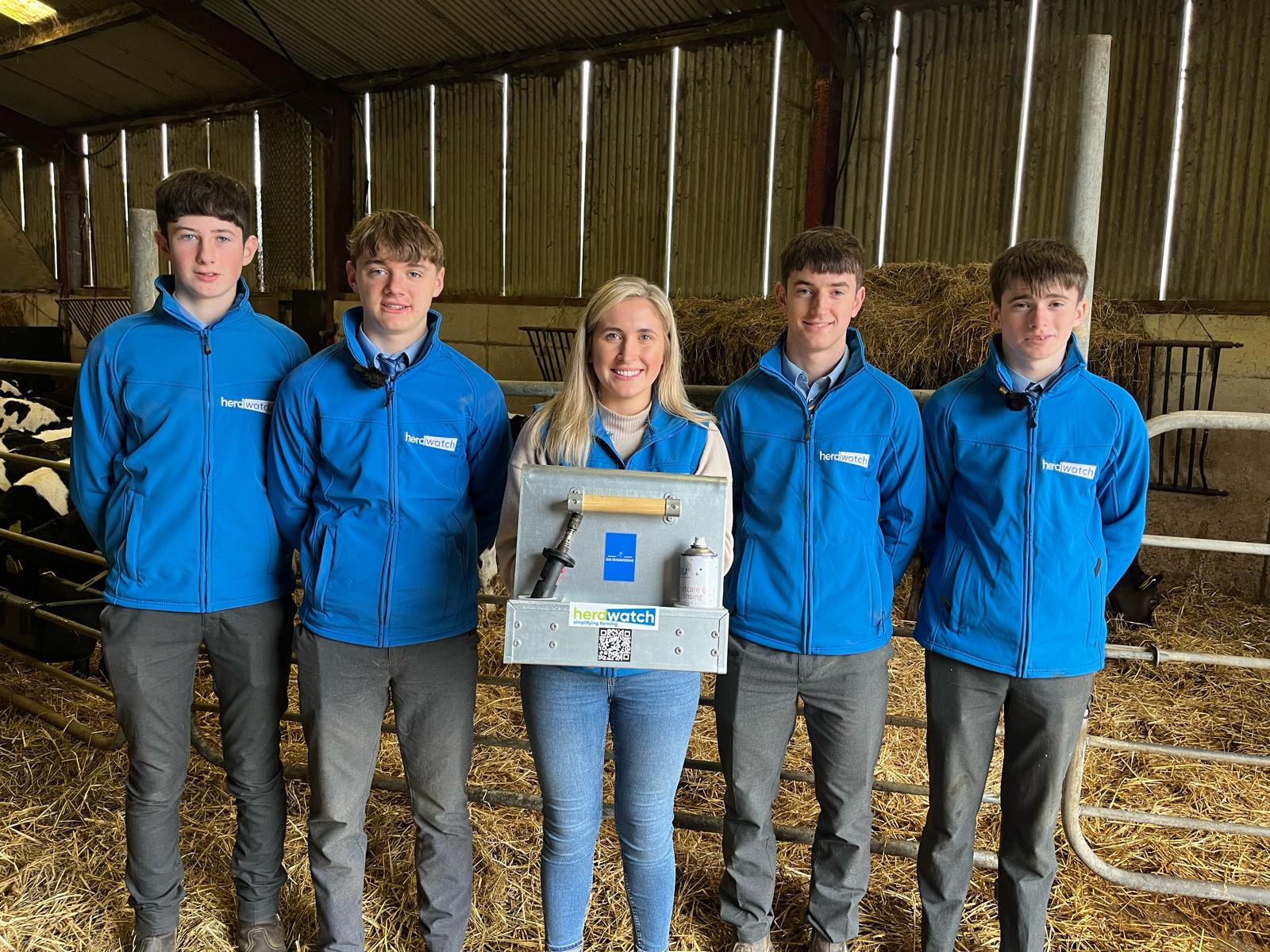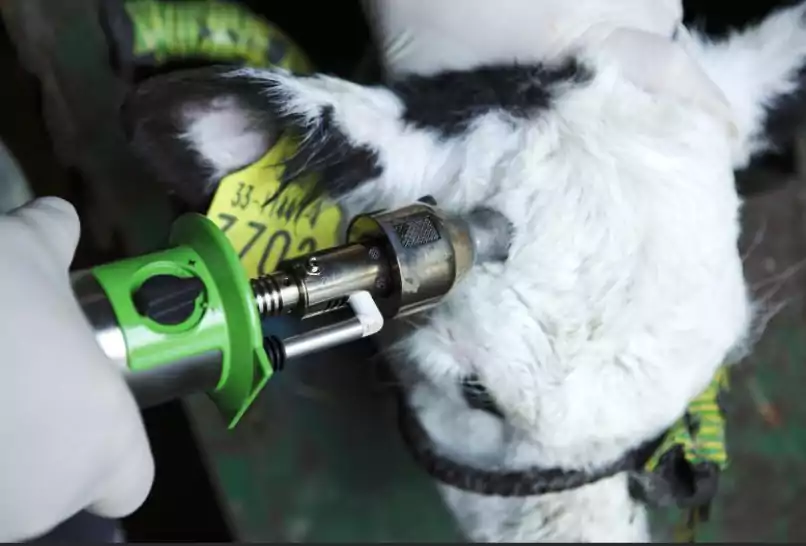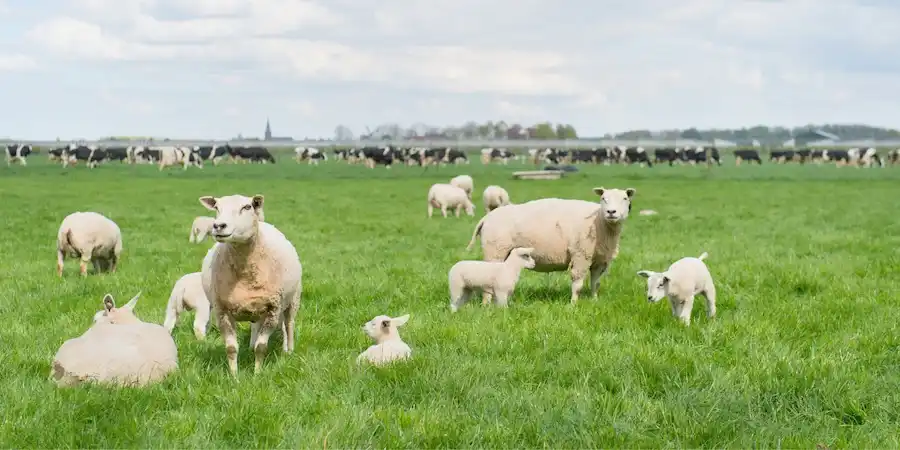Herdwatch’s Top Tips for Dealing with Freezing Conditions on Farms!!
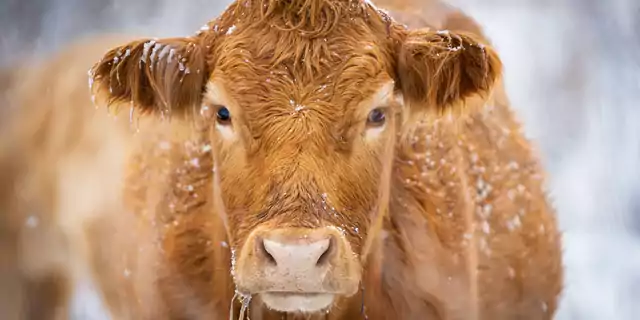
With temperatures as low as -10 currently being experienced across Ireland and the UK, safe working conditions and a functioning working environment are of utmost importance on farms. With that being said here are some tips to get through the cold spell from the Herdwatch team!
Icy Yards
The most important safety factor to consider is black ice and ice on walkways. This applies for both farmers and livestock. Slippery walk ways will benefit from sanding or salting. Sand in particular, thanks to its grit can provide livestock with some traction against slippery ice. Salt and sand can be sourced from your local agricultural merchant. Remember to apply regularly as salt in particular, can wash away as ice melts. Clean yards and frosty weather can be a lethal combination. In the absence of salt/sand another option, although less favourable, is to leave yards un-scraped during icy conditions. A clean smooth yard is a perfect surface for slippery ice to form. Yards can then be cleaned properly when conditions are milder. When it comes to scrapers, keeping the ratchet mechanism and track clear of slurry will help to reduce jamming due to freezing.
Milking Equipment
If you are operating milking equipment on farm, the plant should be drained of all water after milking to prevent water freezing in the pipes. A salt solution should be used for the last rinse of the plant, typically at about 2.5% salinity. A 2.5% solution equates to half kg of salt dissolved in 20 litres of water. Another option particularly beneficial for robotic milking systems, is the use of heaters in the robot room to prevent hardware from freezing.
Water Troughs

For outwintered stock or outliers, water troughs typically freeze during harsh winter conditions. An inexpensive solution is to use a sealed milk jug filled with saltwater. The milk-jug can help prevent the surface of the water freezing as it floats. Alternatively water heaters can be used however these can be expensive and require a power source.
Keep Water Flowing
Try to keep at least one tap flowing overnight ideally, in the dairy, to prevent water from freezing in the pipes. This water should not be wasted but can be used the next day for jobs around the farm. Alternatively heat lamps can be used to keep the tap warm, however this is only applicable if the inlet pipes are insulated further back and away from the tap. This tap can provide water in an emergency if livestock water supplies freeze elsewhere on the farm.
Machinery
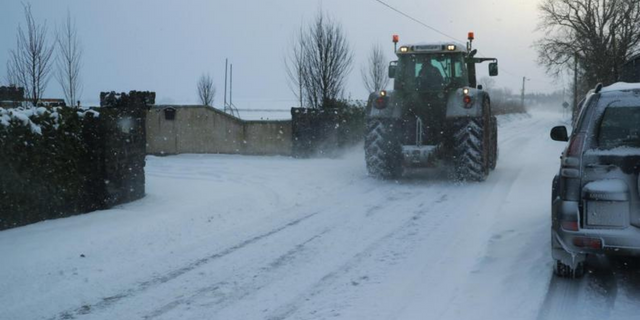
Park machinery indoors where temperatures are higher to minimise starting issues. Ideally, park in the centre feed passage if space allows as temperatures are warmer in sheds housing stock. Drain water (i.e. condensation) from fuel filters- as this can freeze. Stock up on ether-based starter sprays such as “quickstart” to help cold engines get going quickly. Again you can source starter sprays from your local agricultural merchants or motor factors.
Ensure your diesel supply is “Winter Diesel” as opposed to “Summer Diesel” to minimise fuel waxing. If you do have summer diesel you can use additives such as cold flow improver (CFI) available from your local agricultural merchants or motor factors. Keep batteries fully charged to help with starting.
If you need to undertake any road journeys- such as feeding stock on an out farm, try to wait until road temperatures are higher i.e. avoid early morning and late evening when temperatures tend to drop further.
Generators
If you haven’t already done so check any farm generators are in working order and have sufficient levels of fuel. Low temperatures can put a strain on electricity supply due to ice damage or increase in demand of supply e.g extra heating.
Final Tips
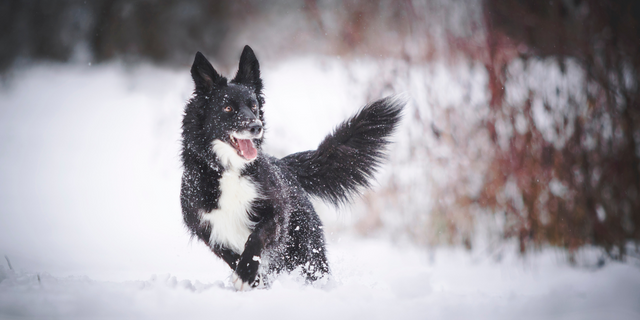
- Keep your phone fully charged and have your postcode visible on farm. In the event of an accident you will be able to call for help and if someone finds you they will be able to provide your postcode to emergency services.
- Remember farm pets such as working dogs will feel the cold too. Try to keep them indoors with heat or even invest in a doggy jacket (yes they exist!!)
- Ensure you are well wrapped up. If you are cold you are more prone to injury while working.
- In order to keep body temperature relatively constant (homeostasis) energy is needed. Livestock will require extra feed to account for the energy lost in heat preservation. This is also true for farmers so make sure you are well fueled! Calves may need jackets or extra bedding to help them keep their temperatures up. If all else fails and it is simply too cold, why not grab a cup of tea and download Herdwatch today. You can join 18,000 other farmers reaping the benefits of hassle free paperwork.
